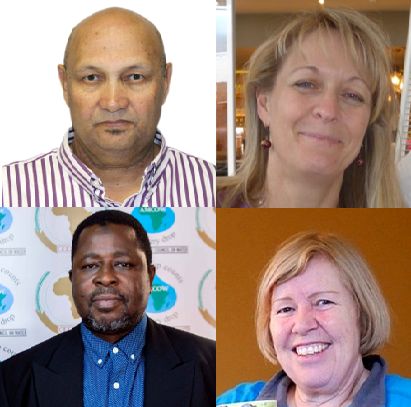
Some of the participants presenting at the conference: Dr. Kevin Pietersen (University of the Western Cape, South Africa), Dr. Karen G. Villholth (International Water Management Institute [IWMI]), Dr. Moshood Tijani (African Ministers’ Council on Water [AMCOW]), and Dr. Barbara van Koppen (IWMI).
The conference advocated for a more central and pronounced role for groundwater in the water-energy-food-ecosystem (WEFE) nexus dialogue in order to minimize shocks, risks and vulnerability as a result of climate change.
In his opening remarks, Dr. Patrice Kabeya, Senior Programme Officer – Water, Water Division, SADC Secretariat, stated that the conference was aligned with the SADC-GMI strategy to enhance the capacity of the Institute to address the region’s groundwater challenges through leveraging on a wide range of willing partners. These partners will include governments, River Basin Organizations (RBOs), international cooperating partners (ICP), researchers, universities, and many other institutions in the SADC region and beyond. He also revealed that the SADC Secretariat and SADC-GMI were at an advanced stage in formulating the ‘Sustainable Groundwater Management in SADC Member States’ Phase 2 project, which will commence in the second half of 2021 with funding from the World Bank’s Cooperation in International Waters in Africa (CIWA) program.
“We hope that this 3rd SADC Groundwater Conference will bring solutions that will improve water security in the region, and consequently boost the development of agriculture and food security,” said Mr. Macie, Director of National Water Resources Management, Mozambique, in his opening remarks. He further emphasized that achievement of the United Nations Sustainable Development Goals (SDGs), including the goals on food and water security, will only be possible through robust collaboration in the planning process, mobilization of financing, and efficient implementation, monitoring and evaluation of the plans and programs taken forward.
The conference was divided into three subthemes:
- Sustainable groundwater use for a food-secure SADC region.
- The climate change challenge for urban water and food security: Threats and the role of groundwater.
- Enhancing the contribution of groundwater in the WEFE nexus through effective groundwater governance at national and transboundary levels.
There were 40 oral presentations over the three days of the conference.
In his keynote address, Dr. Kevin Pietersen, University of the Western Cape, South Africa, emphasized that we need to recognize groundwater as the catalyst for economic and social development in the SADC region. He further stated that groundwater could play a significant role in sustainable development and building resilience. He also highlighted the importance of transboundary aquifers (TBAs) to the socioeconomic development of the SADC region, especially in light of the increased pressures on groundwater due to population growth and climate change.
In her keynote address, Dr. Karen G. Villholth, Principal Researcher, International Water Management Institute (IWMI), and Coordinator, Groundwater Solutions Initiative for Policy and Practice (GRIPP), highlighted the potential of groundwater for ensuring food security and more resilient agriculture in the SADC region, especially for smallholder farmers. She also emphasized the need to ensure the sustainable development of groundwater under climate change, in order to support long-term food security and poverty alleviation.
The conference also provided organizing partners with an opportunity to host special sessions where experiences on groundwater topics in the region could be shared. The following special sessions were organized:
- Knowledge sharing workshop for focal points and RBOs/TBAs: Dissemination of lessons learned from the Stampriet and Ramotswa transboundary aquifers (organized by SADC-GMI, United Nations Educational, Scientific and Cultural Organization – Intergovernmental Hydrological Programme [UNESCO-IHP]/Governance of Groundwater Resources in Transboundary Aquifers [GGRETA] project, and Deutsche Gesellschaft für Internationale Zusammenarbeit [GIZ])
- Groundwater for food in Africa: Current opportunities and challenges (organized by IWMI, GRIPP, African Ministers’ Council on Water [AMCOW], World Bank, and the Food and Agriculture Organization of the United Nations [FAO])
- Mainstreaming water and food security into transboundary water cooperation (organized by the International Union for Conservation of Nature [IUCN]/Building River Dialogue and Governance [BRIDGE] project)
- Cross-learning on shared groundwaters: The Tuli Karoo and Eastern Kalahari Karoo aquifers (organized by SADC-GMI, IWMI, and the governments of Botswana, South Africa and Zimbabwe)
The conference was sponsored by SADC-GMI, IUCN, University of Strathclyde (Scotland), IWMI and UNESCO-IHP. There were other organizations that technically supported the conference: International Groundwater Resources Assessment Centre (IGRAC), Institute for Groundwater Studies (IGS), Bundesanstalt für Geowissenschaften und Rohstoffe (BGR) (Federal Institute for Geosciences and Natural Resources), and University of Botswana.
Closing the conference, Mr. James Sauramba, Executive Director, SADC-GMI, said “In our view, we are happy that we could meet virtually and discuss issues that affect us on a daily basis. We also sincerely appreciate the support we constantly receive from our constituencies, as we continue to answer many questions about groundwater that are as obscure as the underground nature of the resource we are exploring. I hope that as a groundwater family we are walking out of this conference wiser than when we came in. I trust that the conference enabled us to collectively bring forth opportunities to continue working together in enhancing the sustainability for conjunctive utilization of surface water and groundwater to build resilience in the SADC region.”
The SADC groundwater conference has become one of the major annual events that stakeholders and partners appreciate and look forward to every year. Details of the 4th SADC Groundwater Conference will be shared during this year.
Media coverage of the conference
- City Press/News24, South Africa:
Africa should look to groundwater for sustainable food production and food security
by Thuletho Zwane - Future Media, Namibia:
Interview with Bertram Swartz, Deputy Director, Directorate of Water Resource Management, Namibia - DIRCO Ubuntu Radio, South Africa:
Groundwater for food – Opportunities and challenges in Africa
Interview with Karen G. Villholth, Principal Researcher, IWMI - Business Times, Zimbabwe:
‘Zim Should Better Manage Groundwater
by Karen G. Villholth, Principal Researcher, IWMI
Read the full coverage of the conference
View recorded sessions from the conference
Review PowerPoint presentations including the rapporteurs’ report
Sign up for GRIPP news and updates
Sign up for the Call to Action on Global Groundwater Sustainability






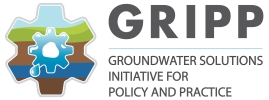
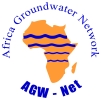
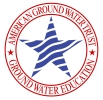
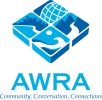

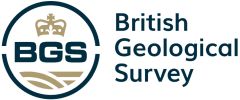
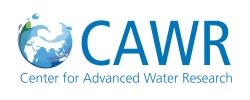


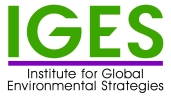
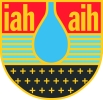


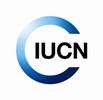



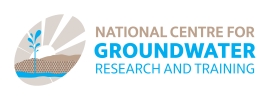
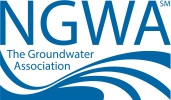
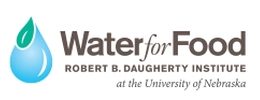



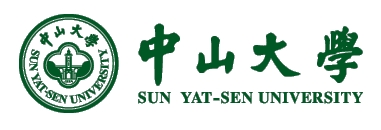

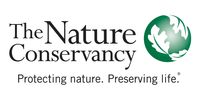
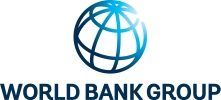

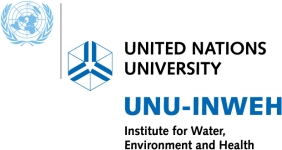
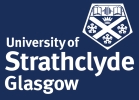
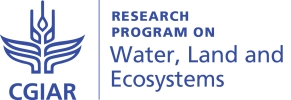
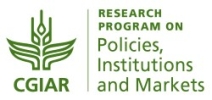
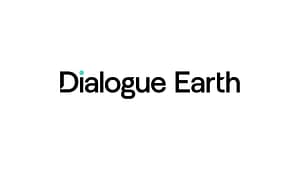



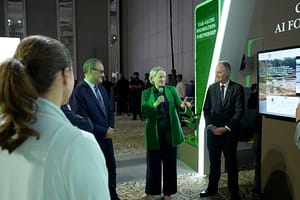
Pingback: New policy brief: Lessons learned from transboundary aquifer cooperation and management in Southern Africa - GRIPP